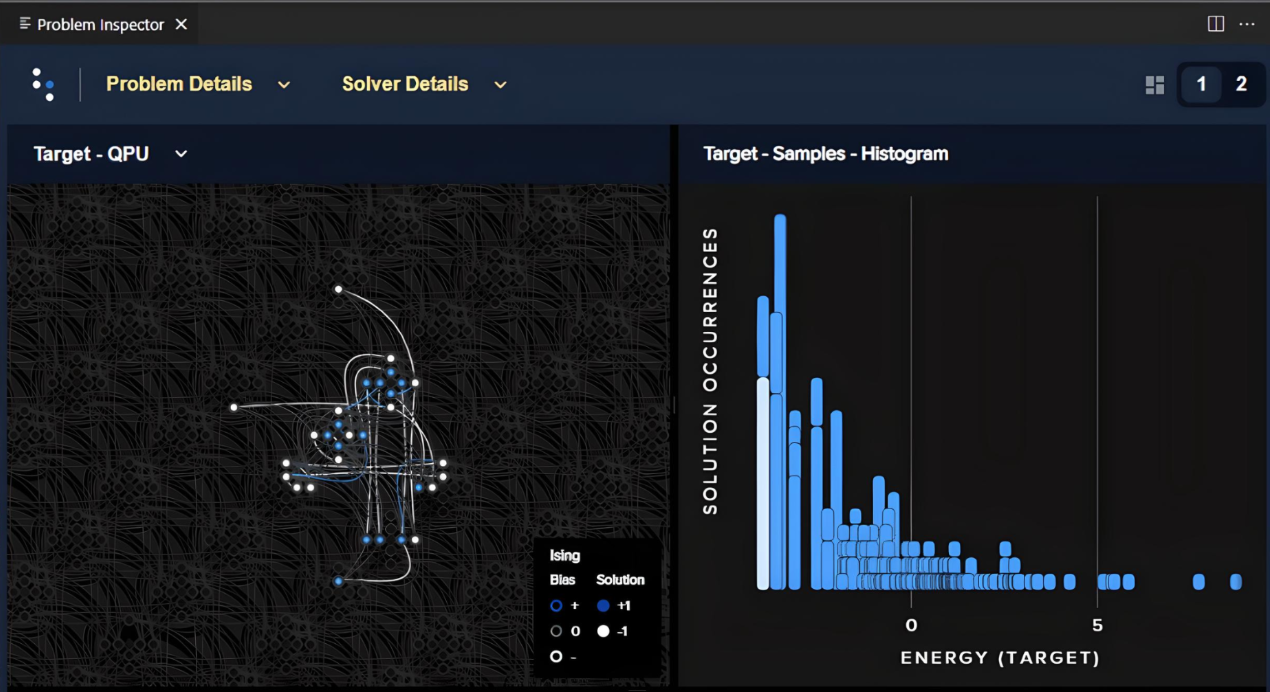Topics and Goals
Welcome to QuantumCLEF (qCLEF), an innovative evaluation lab at the intersection of
Quantum
Computing (QC), Information Retrieval (IR), and Recommender Systems (RS).
In today's data-driven world, IR and RS systems are challenged by the explosive growth of
data and the need for computationally intensive algorithms. Quantum Computing offers new
possibilities to address these demands, and while Quantum Computing has already seen
applications in
various domains, its potential remains largely untapped within IR and RS. The emerging field
of Quantum IR explores quantum mechanics principles to model IR problems but has yet to
explore the practical implementation of IR and RS systems using quantum technologies.
At QuantumCLEF, we focus on Quantum Annealing (QA), a Quantum Computing approach that uses
specialized
devices to efficiently solve complex optimization problems by leveraging quantum-mechanical
effects. Our mission is to explore whether Quantum Annealing can improve the efficiency and
effectiveness of IR and RS systems.
QuantumCLEF aims to:
- Benchmark the performance of Quantum Annealing against traditional approaches in IR and RS;
- Identify novel formulations for IR and RS algorithms that can leverage Quantum Annealing;
- Foster a research community dedicated to applying Quantum Computing technologies in IR and RS.
Quantum Annealing is accessible to researchers with or without a background in quantum
physics, thanks to user-friendly tools and libraries designed for this paradigm. We invite
you to join us in advancing the field and unlocking new capabilities in IR and RS through
Quantum Computing.

